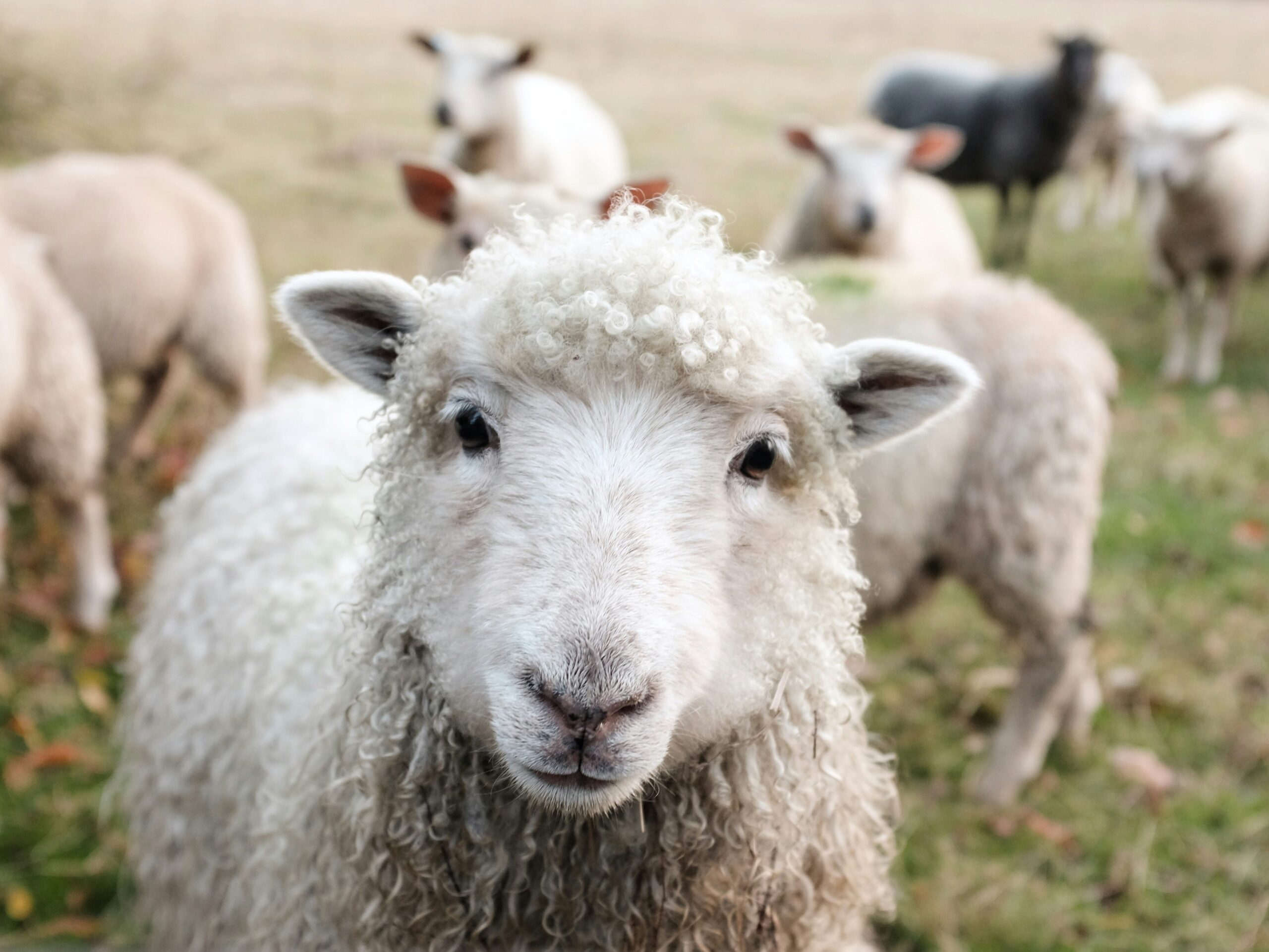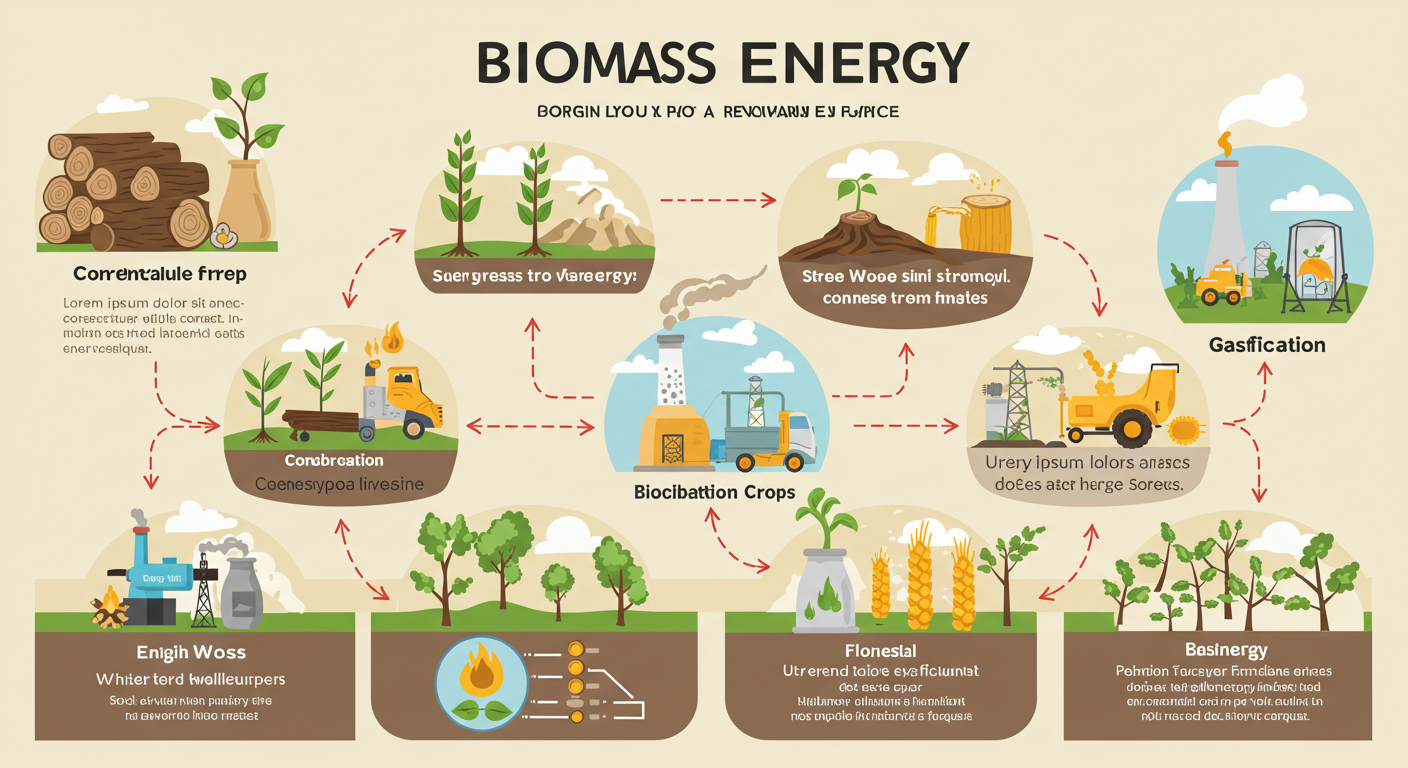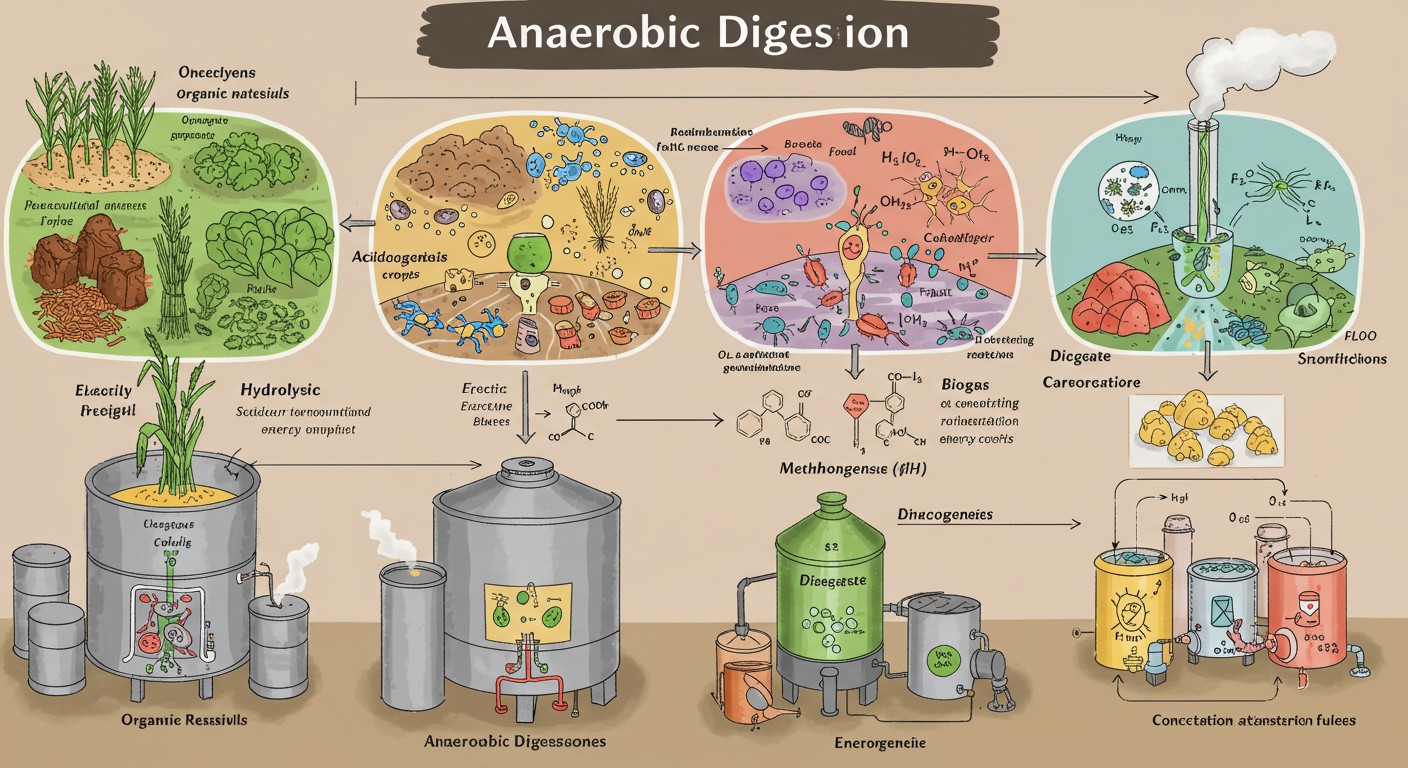Introduction to Video Marketing on YouTube In recent years, video marketing has emerged as a vital component of digital marketing strategies, particularly on platforms like YouTube. This platform serves as an excellent medium for farmers and agricultural businesses to connect with a broader audience, highlighting the unique aspects of their farms and produce. Video content allows for a rich, immersive portrayal of agricultural life, showcasing everything from the day-to-day operations on a farm to the harvesting and preparation of fresh produce. This visual storytelling not only captures the attention of viewers but also fosters a deeper connection between consumers and food producers. The importance of video in digital marketing cannot be overstated, as it has proven to be more engaging than traditional text or image-based content. Studies have shown that videos can retain viewers’ attention longer and significantly improve conversion rates. This trend is particularly relevant for the agriculture sector, where potential customers often prefer to see product processes before making purchasing decisions. By providing clear, informative, and visually appealing content, farmers can effectively showcase their produce and establish trust with their audience. <pmoreover, a="" about="" agricultural="" agriculture="" aligning="" also="" and="" audience="" but="" can="" channels="" consumer="" content="" crop="" cultivation="" demand="" educate="" farm="" farmers="" farming="" focused="" followings.="" food="" for="" from="" gained="" growth="" have="" heightened="" importance="" in="" increasing="" indicates="" interest="" is="" journey="" learning="" leveraging="" management,="" marketing,="" methods,="" not="" of="" on="" only="" p="" popularity="" practices="" practices,="" production.="" products="" promote="" rise.="" sources="" substantial="" sustainable="" table. Understanding Your Target Audience Identifying and understanding the target audience is a fundamental step in developing an effective video marketing strategy for farms. Knowing your audience allows you to tailor content that resonates with viewers, ultimately enhancing engagement rates and fostering a deeper connection with potential customers. To effectively reach your audience, research is essential, especially in the specialized field of agriculture. Exploring demographic factors such as age, gender, location, and income level provides invaluable insights into who is most likely to watch your content. In the agricultural niche, it is crucial to recognize that the audience may include not only consumers looking for fresh produce but also home gardeners, culinary enthusiasts, and even industry professionals. Understanding their specific interests can help you craft video content that meets their expectations and needs. For example, consumers might seek out videos that offer recipes or cooking tips featuring seasonal produce, while gardeners may look for practical advice on planting and harvesting techniques. Thus, segmenting your audience based on these interests allows for more targeted content creation. Furthermore, leveraging social media analytics and Google Trends can provide additional data on trending topics related to agriculture and farming. Engaging with your audience through surveys or comments can also yield fruitful information about their preferences and desired content types. Ultimately, understanding your target audience enables you to create high-quality, relevant videos that showcase your farm and its produce effectively. By aligning your video marketing efforts with the interests and needs of your audience, you cultivate a community that is more likely to support your farm and share your message with others. Creating Engaging Video Content In the realm of video marketing, crafting engaging content is key to showcasing your farm and its produce effectively on platforms like YouTube. One effective type of video content is a farm tour, wherein viewers are invited to explore various areas of the farm, meet animals, and observe the cultivation process firsthand. Such immersive experiences allow potential customers to connect with your brand on a personal level, fostering trust and transparency. Another compelling approach is to create cooking demonstrations that feature your farm’s produce. Showcasing how fresh ingredients can be turned into delicious meals not only highlights the quality of your products but also engages the viewers’ senses. By providing recipes and cooking tips, you can inspire your audience to purchase your ingredients and try their hand at creating the dishes themselves. How-to videos can serve as an educational tool for your audience. These might include techniques such as planting, harvesting, or organic farming practices. By sharing your expertise, you establish yourself as a knowledgeable source in the agricultural community, appealing to both novice and seasoned farmers. Furthermore, storytelling is a powerful element. Sharing personal or inspirational stories about life on the farm can resonate deeply with viewers, allowing them to understand the hard work, passion, and dedication that goes into your produce. For optimal viewer engagement, it is important to focus on the filming techniques. Good lighting, clear audio, and dynamic editing can significantly enhance the overall quality of your videos. Maintain a narrative flow to keep the audience’s attention and incorporate visuals that highlight the beauty of the farm and its produce. Therefore, by merging informative content with storytelling and visual appeal, you can create an impactful video marketing strategy that effectively showcases your farm’s offerings. Using High-Quality Equipment for Production When embarking on video marketing to showcase your farm and produce on platforms such as YouTube, investing in high-quality equipment is paramount to producing professional-grade content. The clarity, detail, and overall appeal of the videos can significantly influence viewer engagement and perceptions of your brand. To achieve exceptional results, there are several key types of equipment to consider. First and foremost, selecting the right camera is crucial. DSLRs and mirrorless cameras are popular choices among serious videographers due to their superior image quality and versatility. However, budget-friendly options such as high-end smartphones equipped with advanced camera capabilities can also produce excellent results. It’s essential to consider factors such as resolution, frame rates, and low-light performance while making your selection. Microphones are another vital component of high-quality video production. Clear audio is just as important as vivid visuals; therefore, investing in an external microphone can drastically enhance audio quality. Shotgun microphones, lapel microphones, and handheld options offer various ways to capture sound effectively, ensuring that dialogue and environmental sounds are recorded without interference. Lighting setups also play a significant role in video quality. Natural light is an excellent resource; however, it can be unpredictable. Therefore, having
- +260-76-459-8985
- mupunduenergy@mdware.co.uk
- Plot No. 2344, Lelayi LSK, ZM













